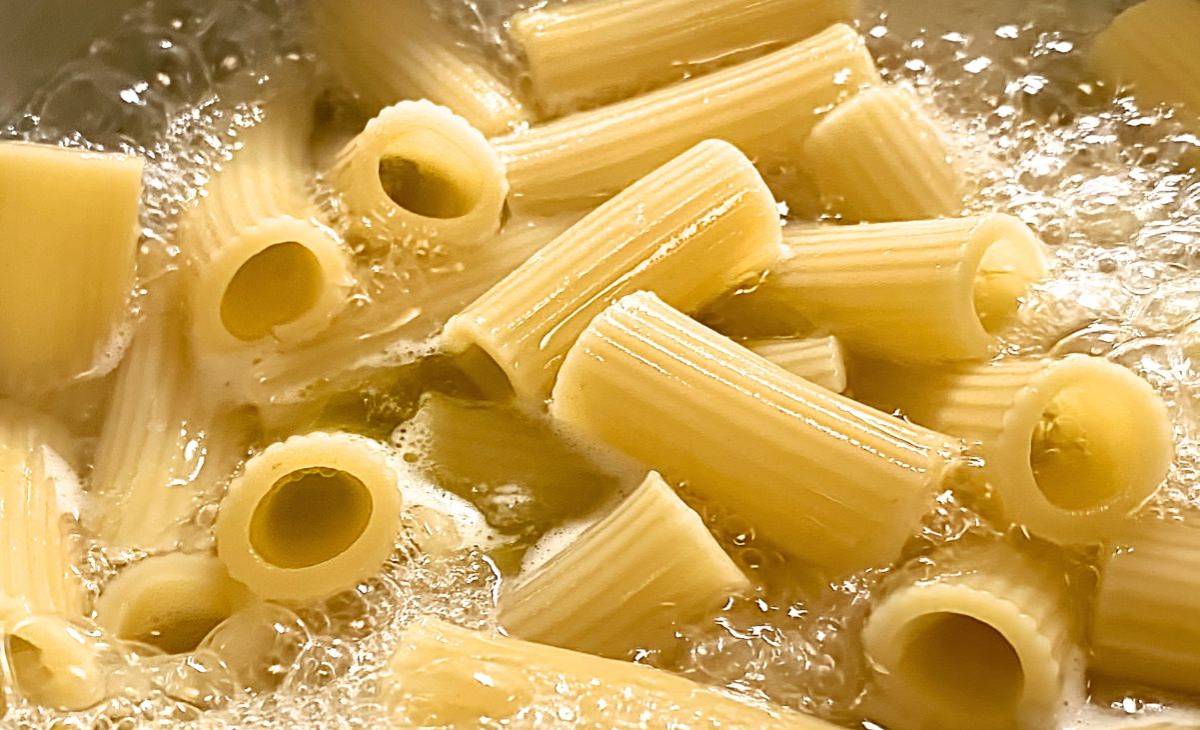PFAS presence in foods boiled in contaminated water, new test shows
A recent joint study conducted by the Italian research council CNR-IRSA and Greenpeace has shed light on the presence of per- and polyfluoroalkyl substances (PFAS) in foods boiled with contaminated water, raising further concerns about the potential health risks associated with these pollutants.
While drinking water and food are recognized sources of PFAS in human diets, previous investigations have not specifically evaluated the effect of boiling foods in contaminated water as a potential source of food pollution.
The study was conducted using samples collected from an agricultural area located in the Veneto region, which is known for its high levels of PFAS contamination.
The measurements of PFAS levels in water, soil, and agricultural products were consistent with previous monitoring plans conducted by the Veneto Region. The concentration of PFAS in the agricultural well water exceeded the limit established for drinking water in Italy by a staggering 300 times. Furthermore, all PFAS compounds detected in high concentrations in groundwater were also found in the soil, including mobile short-chain PFAS.
In the laboratory study, water from the agricultural courtyard's well was used to boil non-contaminated foods, such as rice, pasta, potato, carrot, and beef muscle, which were sourced from outside the Veneto region. The concentration of PFAS in the cooking water increased with longer boiling times due to water loss through evaporation. Analysis of the boiled foods revealed significant levels of PFAS, with a distribution profile similar to that of the cooking water. Foods that absorbed more water during cooking, such as pasta and rice, exhibited the highest levels of contamination among all the tested foods.
The study suggests that the use of contaminated water for food preparation and cooking may have a significant impact on human exposure to PFAS, potentially even surpassing the consumption of agricultural products grown in contaminated areas and consumed raw.
While this study represents a preliminary investigation, these results underline the importance of addressing water contamination and implementing measures to safeguard human health from the potential risks associated with PFAS exposure in our diet.
Source:






















